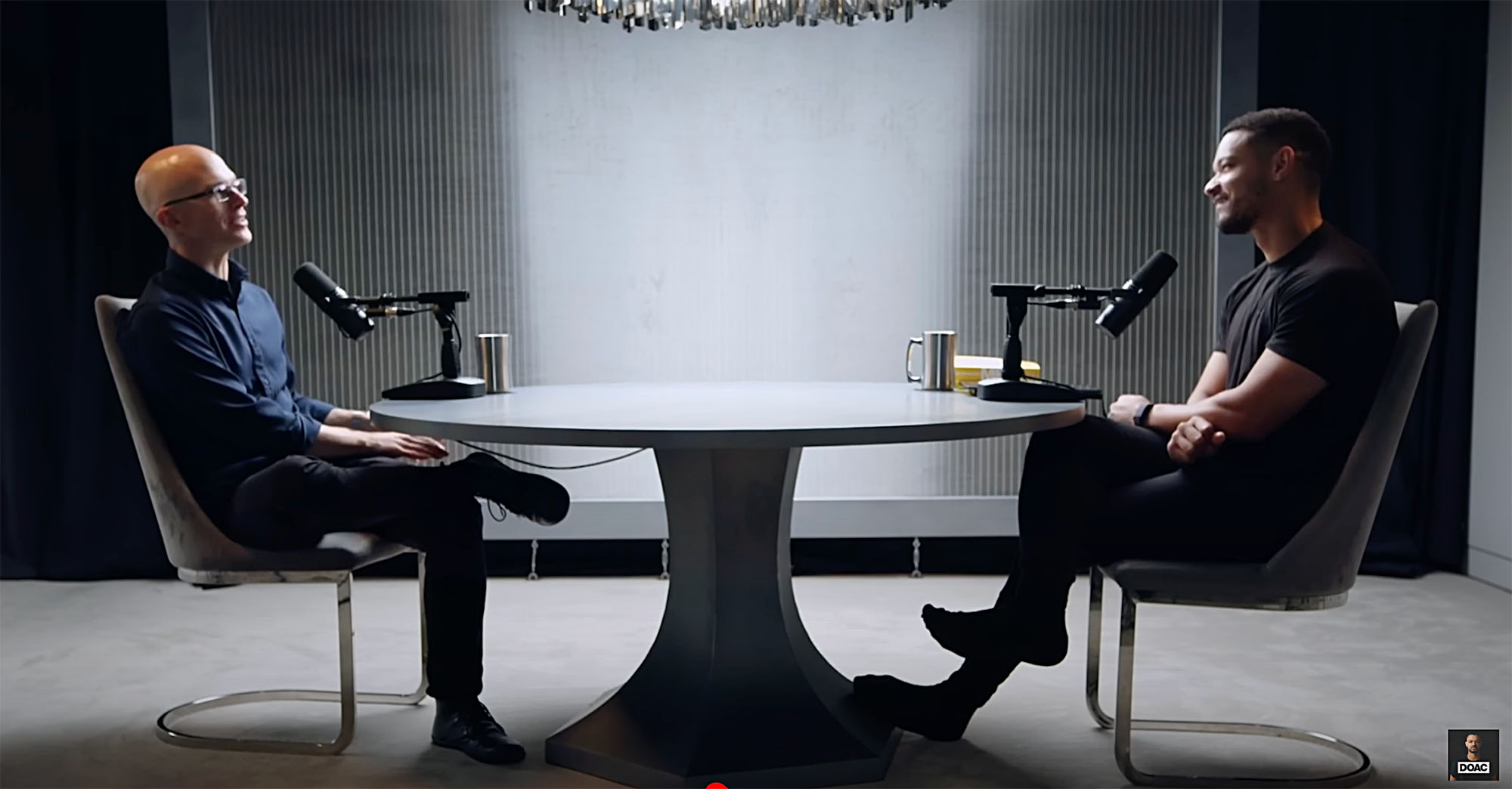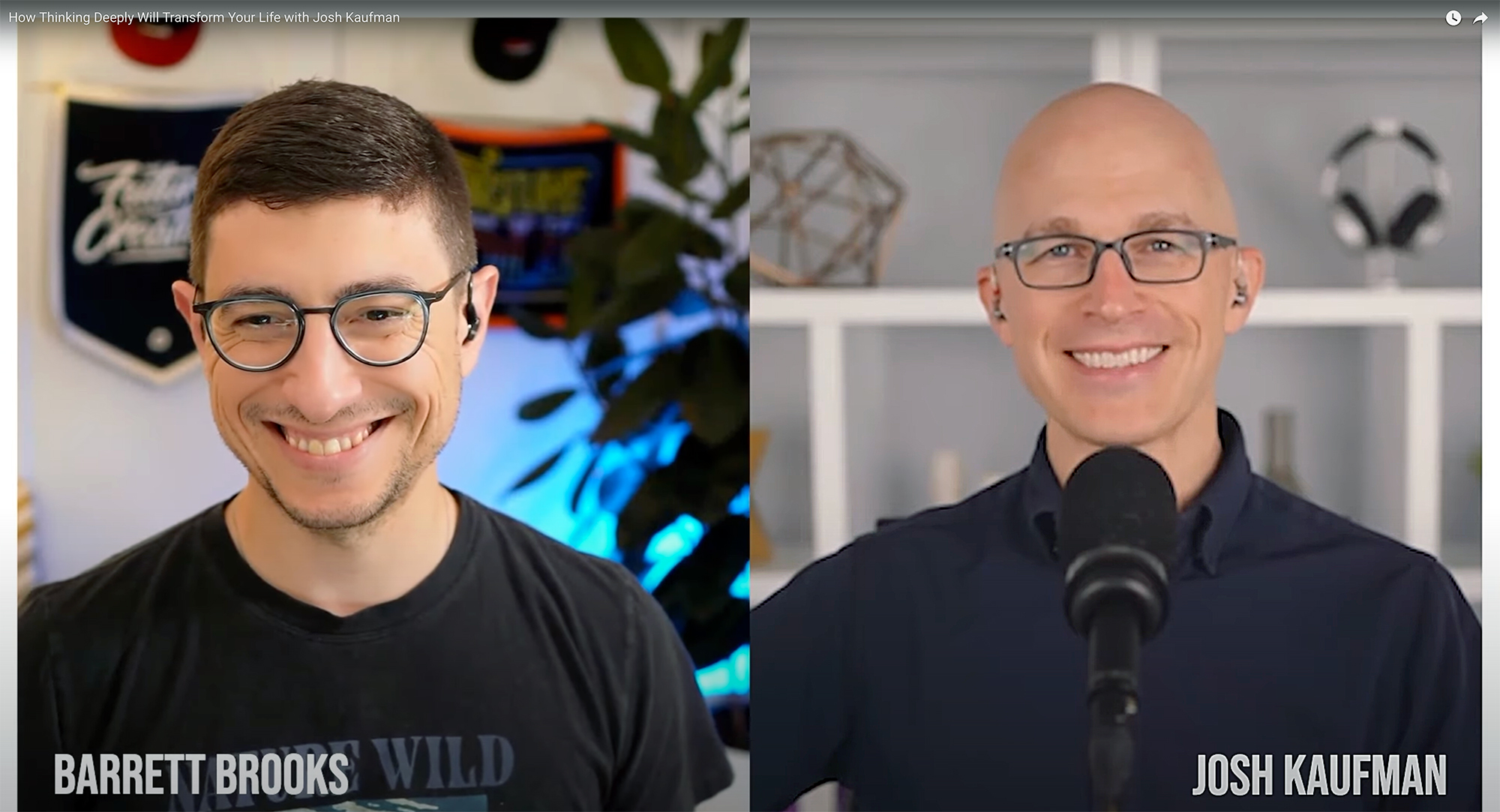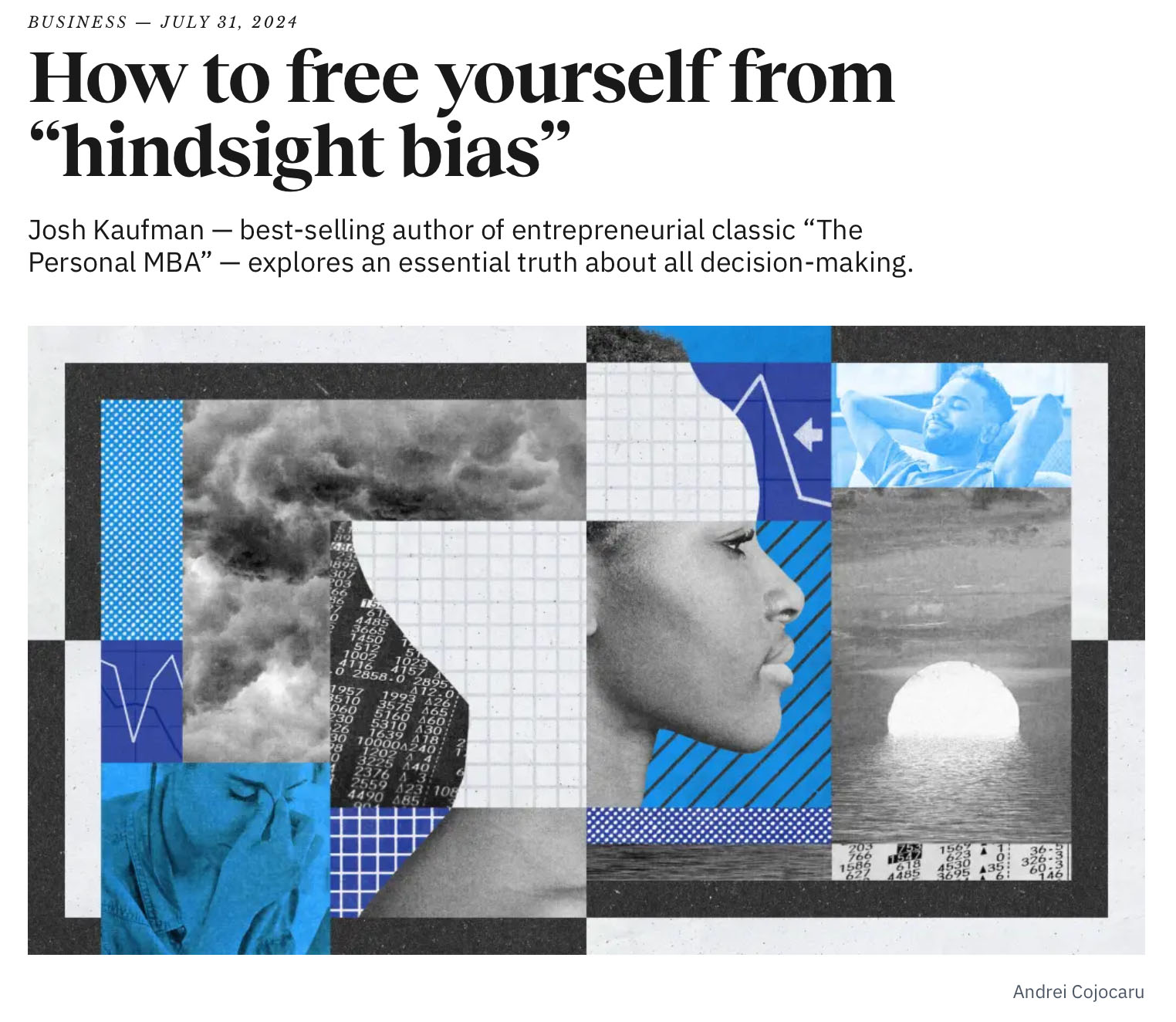
Detail of A Shipwreck In Stormy Seas
by Claude-Joseph Vernet, The British Museum.
Sometimes carrying on, just carrying on, is the superhuman achievement.
— Albert Camus, existentialist philosopher
You might have noticed that I've been away from the internet for a while.
I think it's worthwhile take a few minutes to discuss what I've been up to, and what I've learned over the past few years.
As I've mentioned in past updates, I think it's important to discuss every aspect of life with candor - even the difficult parts. There's a temptation in my line of work to present an overly-rosy picture of forward progress and unmitigated success, which I think does all of us a great disservice.
Life is often difficult. Unexpected things happen, sometimes with major ramifications. Progress is messy, and often appears chaotic even when things are moving in a positive direction. I am not immune to any of these realities.
You might find echoes of things you're currently dealing with in this essay. If that's the case, know that you are not alone.
Struggle is a part of life. I'm in the trenches, struggling with you.
There are many types of victory. Often, it takes the form of recognizing issues, addressing them with resolve, enduring hardship for as long as necessary, and persisting long enough to get to the other side.
Existence, Relatedness, Growth
In The Personal MBA, I discussed Clayton Alderfer's ERG
theory of human motivation, which I prefer over Abraham Maslow's more famous Hierarchy of Needs.
According to Alderfer, humans have three core needs:
- Existence: sustenance, shelter, safety
- Relatedness: friendship, love, social support
- Growth: challenge, meaning, exploration
Generally speaking, existence needs come first. If you don't have the resources to survive, or have difficulty establishing a baseline of physiological and psychological safety, you're probably not going to be overly concerned about making friends or setting lofty goals. If, for example, you're laid off from your job and suddenly can't pay your bills, the feelings of crisis stem from the possibility of existence needs going unmet.
Likewise, relationships are a core human need: we're social creatures, and without connection and stability in our interpersonal lives, we tend to struggle. It's tough to focus on growth when people we value are struggling or experiencing difficulty, or when our close personal relationships are strained or severed. It's also difficult when the groups that we identify with – our families, our friends, the fabric of our societies – are threatened with danger, hardship, or loss.
My work is, at the core, about increasing our understanding of the world, and increasing our capacity to act in useful ways.
I'm in the growth business, and growth feels far less important when existence and relationships are at stake.
The Omnipresent Medical Mystery
If you've been reading my work for a while, you'll know that I've struggled with chronic fatigue since 2006. Everything I've written, and everything I've accomplished in my career to date, I've done while carrying the weight of unexplained exhaustion on top of my projects, responsibilities, and long-term goals.
After many years of experimentation, I found a few interventions that temporarily mitigated the worst of the issues. The First 20 Hours and How to Fight a Hydra were written during periods where the physiological burden felt less intense, and I had enough energy to focus on writing for long periods of time.
Unfortunately, after the publication of Hydra in late 2018, my health took a major turn for the worse.
I'll spare you the years of trial-and-error it took to figure out what was going on. Here's the upshot:
- I do not envy doctors and medical researchers: the body is a maddening system to debug. Multiple simultaneous issues and contributing factors are commonplace, and isolating variables is very difficult. Interventions sometimes seemed to help, only to introduce side effects that were just as bad (sometimes worse) than the primary symptoms, often with a significant time delay that made identifying the problematic change difficult. Slow trial-and-error was the only realistic path to progress. Every day was a new experiment, and failed experiments felt demoralizing.
- I read hundreds of PubMed research papers and found a team of medical professionals that meshed well with my
research and experiment with all the things
approach.
- I expanded the scope of my diagnostic testing. An elective test to rule out sleep apnea (for which I had no risk factors or obvious signs) came back positive. I started using a CPAP, and it made a significant difference in sleep quality, but didn't resolve the most significant symptoms - it was progress, but not a solution.
- Finally, a few of the classic symptoms of inflammatory bowel disease appeared in late 2018, and after a series of diagnostic procedures, I was diagnosed with ulcerative colitis in 2019.
Fatigue is one of the most common symptoms of inflammatory bowel disease - chronic inflammation produces a cascade of physiological effects that can result in persistent exhaustion. According to my doctor, the condition has likely been simmering
at a low level since 2006, and until more obvious signs appeared, there was no reason to suspect it was the culprit. There's also a significant genetic component in these conditions, which means there was nothing I could've done to prevent it - I just happened to win a lottery nobody wants to win.
Accepting Reality
Fortunately, my particular case appears to be on the milder end of the spectrum, and is relatively straightforward to treat. Identifying and treating the root cause of the issue resulted in rapid improvements, and I'm fortunate that the first-line treatment resolved most of my symptoms with minimal side effects. It appears the condition isn't progressing, and I've found that I can reduce symptoms even more by optimizing my diet and minimizing stress.
There is, however, no cure. Barring major medical advances, this is something I'll have to manage for the rest of my life. That is a reality that I've adjusted to, and have come to accept.
For many years, I didn't want to discuss these experiences publicly. I wanted to hide the condition, work around it, minimize it. The symptoms are distracting and uncomfortable at best, and embarrassing and anxiety-provoking at worst. I didn't (and still don't) want to be perceived as broken or diminished in some fundamental way.
The ways of Fortune are strange and unpredictable. As I was working on the edits to the Personal MBA 10th Anniversary edition, I discovered that I accidentally wrote about these feelings over a decade ago:
Sensitive or embarrassing topics tend to have low addressability, even if there’s a huge need. Chronic medical conditions are a good example: it’s difficult to find and reach a large group of people who suffer from an uncomfortable and potentially embarrassing condition like psoriasis or ulcerative colitis. People suffering from these conditions typically don’t gather in the same place or read the same things, and many will avoid being publicly identified as sufferers by joining organizations, so it’s hard to find and talk to them directly.
The worst part of conditions like this is that they can be isolating: physically, mentally, and emotionally. That isolation is a heavy burden. Over time, I've learned that burden is optional.
And so I'm choosing to talk about it. This is a reality of my life. I didn't choose this condition, but it's my responsibility to manage it as best I can. I'm doing everything in my power to stay healthy, minimize symptoms, and prevent future issues.
Relational Upheaval
In addition to focusing on my physical health, there has been another significant change in my day-to-day life: I am no longer married. For many reasons, I'm not going to discuss this part of my life in detail, other than to say that it became clear the marriage was not healthy or sustainable, and ending the relationship was necessary.
While I can't recommend this particular life experience in general, I've used it as an opportunity to take a step back and clarify my values, priorities, desires, and boundaries. I'm not carrying any residual guilt or shame from the change in marital status, and it's clear that my life is (and will continue to be) better in many respects as a result.
If you are ever in a similar position (or know someone who is), the best general-purpose resource I can recommend is I Just Want This Done by Raiford Palmer, which is the How Doctors Die
of family law - it's a clear, compelling, pragmatic approach to the practical decisions involved in relationship dissolution.
As a part of this transition, it was necessary to focus the vast majority of my energy on attending to my physical/emotional well-being, and taking care of my kids. All things considered, we've handled the change in circumstances well.
The best news is that I feel better in many ways now than I've felt since 2006. My health has improved dramatically. Persistent and chronic stressors have diminished. For the first time in a long time, focusing on future projects feels both possible and exciting.
Lately, I've been focusing on clearing out the accumulated backlog of the past few years, putting all of the necessary things in order and making space for what's to come.
And what's to come is pretty stellar.
Back In Action
I've been busy these past few months, and I have three things for you that I think you'll enjoy.

First: I recently flew to London to record an interview with Steven Bartlett for Diary of a CEO. We ended up chatting in the studio for three and a half hours about The Personal MBA, The First 20 Hours, the value of learning and experimentation, and business knowledge and skill acquisition as superpowers. It was an honor to be invited, and Steven and his team are fantastic in every respect.

Second: Barrett Brooks recently launched a podcast called Good Work, and invited me to record a conversation. We spent two hours talking about a host of topics that I don't typically get to discuss, from parenting to chocolate. I think Barrett is going to be the next major business podcast host, and I highly recommend digging into the Good Work archives - his guests are stellar (and often not yet widely known), and he's one of the most well-prepared interviewers I've ever seen.

Third: I was invited to contribute an essay for Big Think on Hindsight Bias, as part of a special issue on hindsight. This is the first piece I've written for publication in quite a while, and I'm thrilled with how it turned out.
I'm also working on a new book. All I'll say at this point is that it feels very much like The Personal MBA felt when I started writing it. The topic is massive, and if I do my job well, the result will be a practical research-based guide to the highest-value parts of daily life.
There's much more to come. Thanks for reading, and thank you for your support.